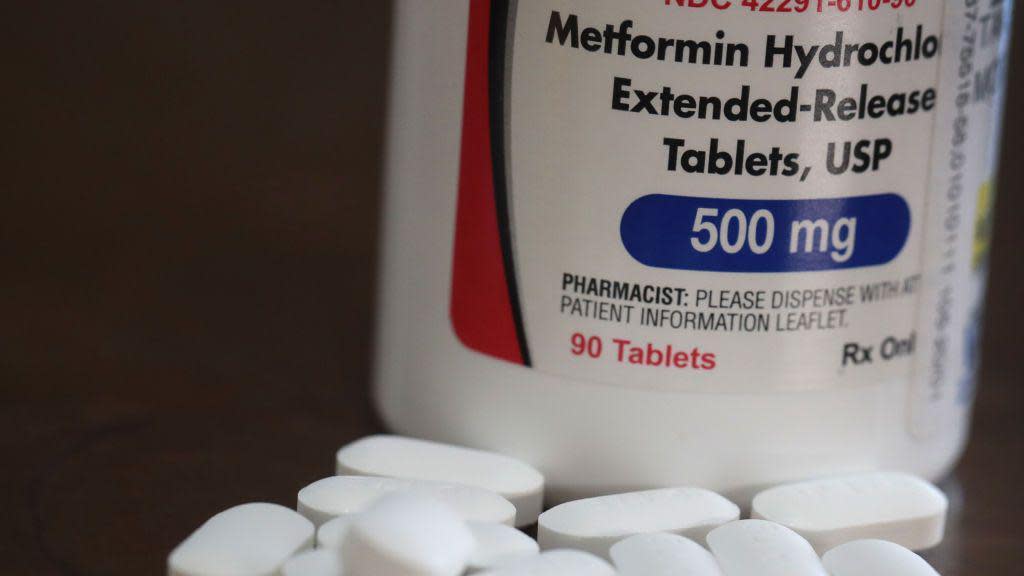Early type 2 diabetes treatment prolongs life - study

Treating type 2 diabetes patients as early as possible can prolong life and reduce the risk of future complications, according to research.
Scientists from the Universities of Oxford and Edinburgh analysed data spanning more than four decades from the UK Prospective Diabetes Study (UKPDS) - one of the longest type 2 diabetes clinical trials.
The findings showed controlling blood glucose early with insulin and drugs led to 10% fewer deaths as well as reducing the risk of things such as heart attacks, kidney failure and vision loss.
Professor Rury Holman, the founding director of the University of Oxford Diabetes Trials Unit and chief investigator of the UKPDS, said the findings were "remarkable" and showed the importance of early diagnosis.
The UKPDS trial began in 1977, where newly-diagnosed type 2 diabetes patients were assigned to either intensive or conventional blood glucose control strategy.
The intensive strategy involved using sulfonylurea - tablets that stimulate cells to make more insulin - insulin therapy, or metformin therapy, a drug which helps the insulin that the body produces to work better.
The standard method involved making changes to diet.
'Crucial'
The findings showed that, compared with diet, controlling blood glucose with sulfonylurea, insulin, or metformin had a lifelong reduced risk of early death and heart attack.
Guidelines were later changed worldwide to recommend these intensive therapies for everyone with type 2 diabetes.
Professor Amanda Adler, director of the Diabetes Trial Unit, said it showed early treatment of type 2 diabetes was "crucial".
"Playing catch-up with blood glucose control is not sufficient," she said.
Follow BBC South on Facebook, X (Twitter), or Instagram. Send your story ideas to south.newsonline@bbc.co.uk or via WhatsApp on 0808 100 2240.

